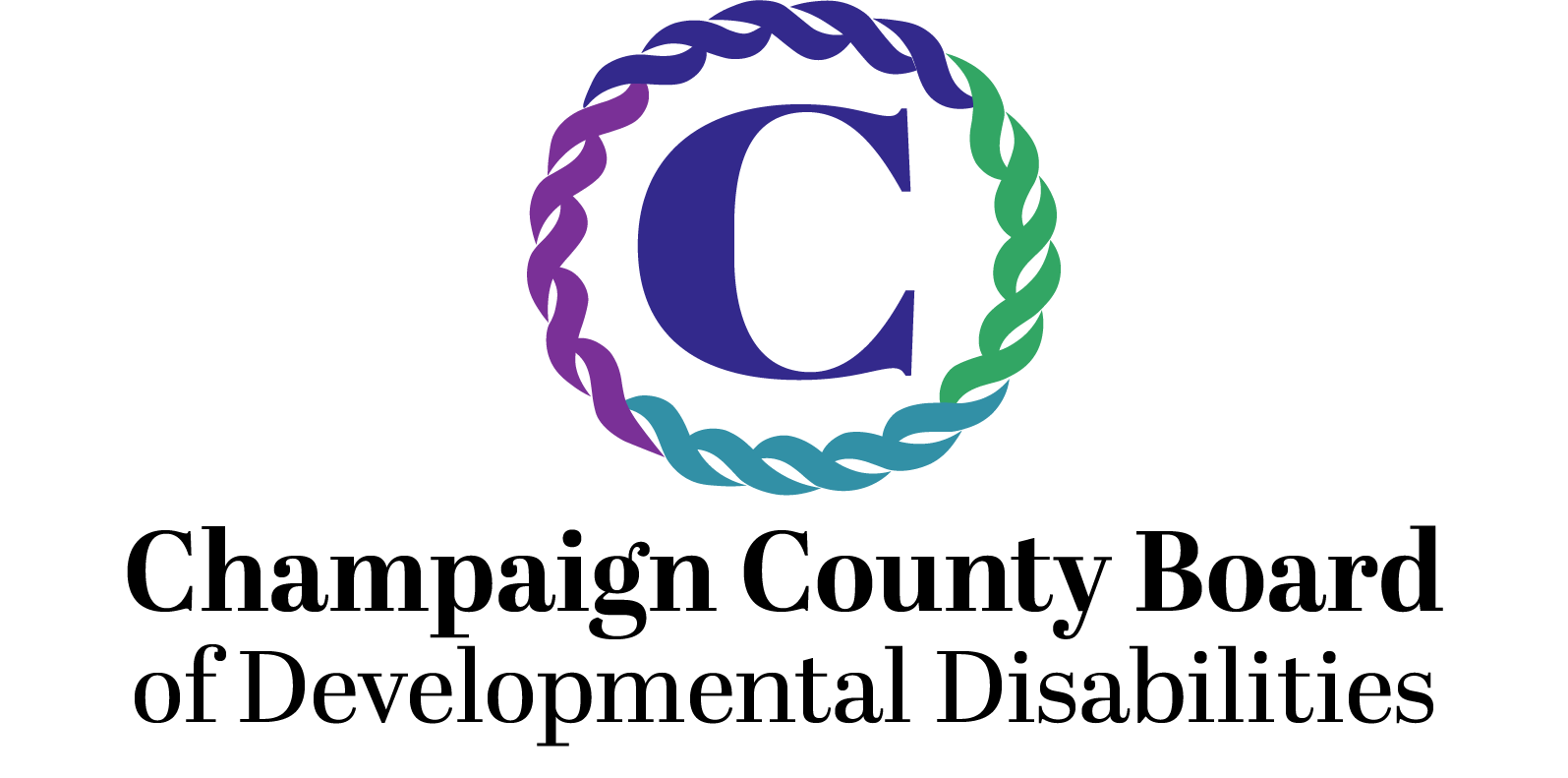 By Superintendent Leigh Anne Wenning You may have seen our activities this month celebrating March as Developmental Disabilities Awareness Month. At the Champaign County Board of Developmental Disabilities (CCBDD), we strive to remind our community that we are all better when we include everyone. This month we celebrated with a variety of activities, including a trips to our local libraries to participate in themed activities and to share our mission. We also played a game of cards with the Champaign County Young Professionals organization. We also made our annual trip to the Ohio Statehouse to share our stories and thoughts with our representatives. Before going to the statehouse, we made custom awareness ribbons that say “All means All”, “All means All” was the theme of Advocacy Day at the Statehouse. We were able to hand these ribbons out locally and proudly wear them at the event. National Developmental Disabilities Awareness Month began in 1987 with a proclamation from President Reagan to bring awareness and acceptance for people of all abilities. One of our goals at CCBDD is to raise awareness about the inclusion of people with developmental disabilities in all aspects of community life. Developmental disabilities are defined as lifelong disabilities with an onset before the age of 22, resulting in functional limitations. That’s the definition of developmental disability, but the people we serve are so much more than a disability or a diagnosis. The people we serve have rich, complex lives just like everyone else. They have dreams like living on their own, having a job they love, or owning a pet they have always wanted. And generally, they want the same things that everyone else wants. They want to be treated like valued members of the community. They want to be involved. Or they just want their neighbors to say hello. They want to be seen as an individual and not their disability. March is almost over, but this can be a reminder for every day of the year. Including everyone makes our communities better. If you’d like to know more about what the Champaign County Board of Developmental Disabilities does or be involved, please go to our website at www.champaigncbdd.org. Also make sure to follow us on Facebook and Instagram. If you’d like to know more about working in the DD field, please call our office at 937-653-5217 and ask for Kirby Keller. Written by: Superintendent Leigh Anne Wenning 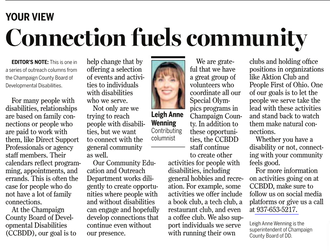 For many people with disabilities, relationships are based on family connections or people who are paid to work with them, like Direct Support Professionals or agency staff members. Their calendars reflect programming, appointments, and errands. This is often the case for people who do not have a lot of family connections. At the Champaign County Board of Developmental Disabilities (CCBDD), our goal is to help change that by offering a selection of events and activities to individuals with disabilities who we serve. Not only are we trying to reach people with disabilities, but we want to connect with the general community as well. Our Community Education and Outreach Department works diligently to create opportunities where people with and without disabilities can engage and hopefully develop connections that continue even without our presence. We are grateful that we have a great group of volunteers who coordinate all our Special Olympics programs in Champaign County. In addition to these opportunities, the CCBDD staff continue to create other activities for people with disabilities, including general hobbies and recreation. For example, some activities we offer include a book club, a tech club, a restaurant club, and even a coffee club. We also support individuals we serve with running their own clubs and holding office positions in organizations like Aktion Club and People First of Ohio. One of our goals is to let the people we serve take the lead with these activities and stand back to watch them make natural connections. Whether you have a disability or not, connecting with your community feels good. For more information on activities going on at CCBDD, make sure to follow us on social media platforms or give us a call at 937-653-5217. Written by Governing Board President, Kerry Brugger  As we begin the holiday season and start the final countdown of another year, the governing board for the Champaign County Board of Developmental Disabilities (CCBDD) is mindful to reflect on those individuals throughout the county whom the CCBDD had the privilege to assist throughout the year. Especially at this time of year, it’s a good opportunity to take stock in our busy lives and try to discern what matters most. For the CCBDD organization, what matters most is the call to serve those with special needs, for they provide the perspective we need and have unique gifts to give our community. The CCBDD believes everyone has abilities and strives to provide support to individuals of all ages who have developmental disabilities to unlock individual potential. The county board helps them succeed in what they do towards the common good. The late Mother Teresa said, “You have never really lived until you have done something for someone who can never repay you.” In keeping with the mission of the CCBDD “to promote independence and a pathway to success” for those we serve, assisting those in need is payment enough. The CCBDD provides, coordinates, and monitors services and support for eligible individuals in Champaign County, and their families, that promote a pathway to individual success. Our team hosts numerous programs for residents with special needs aimed to improve their skills, allow them to be active, and help them be part of our community. We help connect individuals and families to other organizations in the community which assist in fostering their skills and providing them activities to experience. Serving on the governing board of the Champaign County Board of Developmental Disabilities, in support of people with developmental disabilities, is one of the most rewarding experiences we could ask for. In a world where there is so much unrest, it is uplifting to witness the unselfish dedication and commitment each staff member displays to those in need. It is an honor and a privilege to support the CCBDD team who, day-in and day-out, do for those who can never repay them. Written by: Communications Specialist, Amy Kerrigan Whether it is navigating complicated waivers and Medicaid systems, creating yearly Individual Service Plans, or simply finding transportation to an appointment, Service and Support Administrators (SSA) are here to assist people with developmental disabilities. We asked team members at the Champaign Co Board of DD to share some of their favorite moments working as SSAs. Here is what they told us:
The mission of the Champaign Co Board of DD is to promote independence and a pathway to success for individuals with developmental disabilities. SSAs are here to fulfill that mission. If you or someone you know has developmental disabilities and lives in Champaign County, you can contact the county board to ask about eligibility for services. Call 937-653-5217 or Email [email protected].
Written by: Communications Specialist, Amy Kerrigan  From birth through the age of 3 years, learning and growth happen quickly. This is a very important time for a child’s body and brain. That is why having a routine, or doing things at the same time every day, is a big deal. Let's talk about routines and why the Ohio Early Intervention program says they are important. Why Routines Are Great Imagine knowing what's going to happen each day. Routines do that. When babies and toddlers have routines, they learn about time, what happens next, and they feel safe because of it. It's a plan that helps teach the order of things, like when you eat breakfast, play, take a nap, and go to bed at night. This creates more predictable behavior. Routines help a child’s brain get smarter, too. When the child completes tasks in the same order, their brain learns patterns. You might not know this, but brains love patterns! Patterns help brains build memories and figure out how the world works. Ohio Early Intervention Program and Routines Ohio Early Intervention (EI) is a statewide program offered through the Champaign County Board of Developmental Disabilities (CCBDD). EI is designed to help parents who have concerns about the development of their children, ages birth to 3 years. The CCBDD has a fully trained staff to provide these services to families in Champaign County at no cost to the family. (See end of article for more information about making a referral to the Champaign County EI program.) Part of the Ohio EI program is helping families make a plan that will encourage a child’s developmental success. The best plans involve creating routines. The EI staff understands that establishing routines within a family will create healthy habits that can continue throughout life. Routines are built around what kids do every day and how to help them learn new skills. This way, a child develops skills while doing things they already enjoy, like playing and eating. Benefits of Routines
How to Make Your Own Routine It’s obvious that having a routine is amazing, but how can you start one? Here are some tips:
Remember, routines are like a secret weapon to becoming a super learner and explorer. The CCBDD Early Intervention program understands the importance of routine and wants to share that knowledge with all families. If you live in Champaign County, suspect that your child has a developmental delay, and need help; please, contact the Champaign County Board of DD office at (937) 653-5217 or the Early Intervention Service Coordinator at 937-658-8443. Written by: Superintendent Leigh Anne Wenning  October is recognized as National Disability Employment Awareness Month. This is a special time for us to highlight the contributions of workers with disabilities and to raise awareness on the very real impact and importance of inclusion in the workplace. Ohio is an Employment First state. That means we believe that all individuals should be presumed capable of community employment, given the appropriate supports. Statistics have continued to demonstrate that people with disabilities are reliable and dedicated employees. The Employment First website states that 62% of people with disabilities have kept their jobs for three years or longer, which reduces turnover costs for employers. The website also states that employees with disabilities are consistently rated as average or above average in performance, quality and quantity of work, as well as attendance. Locally, we at the Champaign County Board of Developmental Disabilities (CCBDD) support over 40 individuals with disabilities to be competitively employed in our local community. We collaborate with Opportunities for Ohioans with Disabilities to support employees to help remove obstacles, as well as the employers to make sure the job is a fit for all parties. We would like to thank our local business partners who continue to employ people with disabilities in Champaign County. Our top employers in Champaign County are Aramark, Walmart, Burger King, Steve’s Market, Colepak, Spotted Cow and Kroger. If you or someone you know wants more information about how you can hire people with disabilities, please call 937-653-5217 and ask for Jeff Coaty. For more information on other services provided by the CCBDD, please visit our website at www.champaigncbdd.org and make sure to follow us on social media. Written by: Leigh Anne Wenning, Superintendent 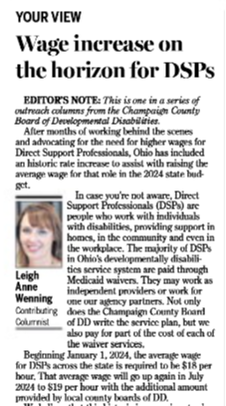 After months of working behind the scenes and advocating for the need for higher wages for Direct Support Professionals, Ohio has included an historic rate increase to assist with raising the average wage for that role in the 2024 state budget. In case you’re not aware, Direct Support Professionals (DSPs) are people who work with individuals with disabilities, providing support in homes, in the community and even in the workplace. The majority of DSPs in Ohio’s developmentally disabilities service system are paid through Medicaid waivers. They may work as independent providers or work for one our agency partners. Not only does the Champaign County Board of DD write the service plan, but we also pay for part of the cost of each of the waiver services. Beginning January 1, 2024, the average wage for DSPs across the state is required to be $18 per hour. That average wage will go up again in July 2024 to $19 per hour with the additional amount provided by local county boards of DD. We believe that this historic increase in rates is a significant step in the right direction. We have all experienced the consequences of a labor shortage, but for the people we serve these consequences often mean so much more. It could mean that they have to go into a nursing home because there is no one to care for them at their apartment. It could mean that they might not have the support they need to attend the day program of their choice or keep their community job. Without quality DSPs, our support system just does not work. I’d like to thank Governor DeWine and Ohio’s legislators for recognizing the importance of this issue and helping to address it by including it in this budget. If you or someone you know are interested in how to become a DSP, the Champaign County Board of DD can help with that! We offer support and free training and are here to help. Please call 937-653-5217 and ask for Amy Hubbard, Provider Support Coordinator. For more information about our lifetime of services, please visit our website at www.champaigncbdd.org and make sure to follow us on social media. Written by: Stacey Patterson, Early Intervention Service Coordinator 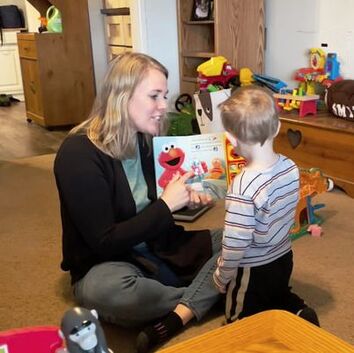 Developmental Specialist, Kala Roman demonstrates what reading can look like with young children. Developmental Specialist, Kala Roman demonstrates what reading can look like with young children. Since joining the Champaign County Early Intervention Team last June, I have been happy to hear the conversations between Early Intervention Service Providers and families about the importance of reading to their very young children. Some concerns parents have about reading to their children are often that children have no interest in books or that children just destroy the books. These are valid concerns! However, coming from a preschool background, I know the importance of reading to children. Reading to your child during infancy is important in building that language/literacy connection. Children learn to talk when adults engage them in conversations, which often happens during reading. But how can you help your child learn to speak by reading? I think we all have the illusion that reading to a child should be a quiet, peaceful experience. Your child sits on your lap and listens intently as you read them a story… But it usually doesn’t happen that way! At least not right at the start. You must show your child that reading can be enjoyable, just as you would demonstrate any other skill you are trying to teach them. It’s also important to understand how reading to a child should look, according to your child’s age. Expectations for read with infants Infants, up to about a year old, need fabric, plastic, or board books that can be handled without fear of being torn apart. Books need to have brightly colored, easily recognizable pictures, with only one or two words per page. Look for books that label items such as animals, colors, etc. While you look at the book, have a conversation with your child about the pictures you are seeing on the pages. Encourage your child to point to the pictures as you read. Make sure your child can see your face. Younger infants especially learn so much from your facial expressions. This is how you begin to teach them that reading time can be enjoyable. If you are not having fun, your child will not have fun either! Expectations for read with toddlers Older infants and toddlers enjoy board books with just a few words on each page. Eric Carle books are a favorite of mine for this age. Let them turn pages (with your help if necessary). Point out the pictures, ask them questions even if they don’t have the words to answer yet. This is how children learn the back-and-forth nature of conversation. Again, sit so that your child can see your face. Make faces or use silly voices while reading to engage your child. Reading a book isn’t just about the words on the page, it’s about the experience you create. When you choose books for older toddlers, you can begin to introduce more traditional paperback picture books. Rhyming books are a great way to have fun with words! But again, it’s up to adults to teach children to handle books with care. Store books on a bookshelf (or something similar) to help children understand that they aren’t meant to be on the floor, written on, or stepped on. Children are young but usually capable of learning how to take care of books. The process of reading the words, pointing to the words and pictures, and having a conversation about the story all encourage language. It helps your child make the connection between words on a page and the everyday items all around them. These are beginning reading skills, and it just builds from there. Reading to your child helps them learn to use their own words, and later, helps them learn to read! It’s kind of magical when you see it happen! 😊 RESOURCES FOR READING Getting books to read with your child does not have to be expensive. If you haven’t already, check out your local library. They have books for children of all ages. https://www.champaigncountylibrary.org/ https://www.stparispubliclibrary.org/index.html https://www.mechanicsburg.lib.oh.us/ https://www.champaign.lib.oh.us/category/branches/north-lewisburg?page=22 You can also sign up for Dolly Parton's Imagination Library. This is a free service that mails one new, age appropriate book to your child each month until they are 5 years old. Use the link below to sign up. https://ohioimaginationlibrary.org/ On March 1, 2023, community members from Champaign County attended Developmental Disabilities Awareness and Advocacy Day at the Ohio Statehouse in Columbus. They listened to speakers and spoke with their local state representatives. Take a look at their visit.
Written by: Amy Kerrigan, Community Education Specialist 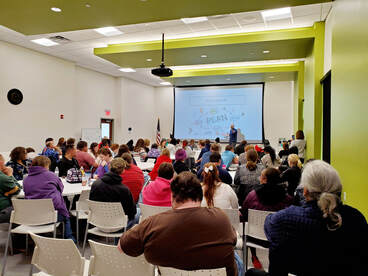 Have you ever wanted to know more about what the county board of DD does? If you have ever asked someone about county board services, you may have heard the acronym “ISP”. And, in recent news, there is discussion about “OISP” or “Ohio ISP”. What is an ISP or OISP? ISP stands for Individual Service Plan and Ohio ISP stands for Ohio Individual Service Plan. Every person who qualifies to receive services from the Ohio county boards of developmental disabilities is connected with a Service and Support Administrator (SSA). Aside from many other duties, the SSA facilitates a yearly meeting with each person served to create a life plan, or an “individual service plan”. Is Ohio ISP different from ISP? How? Yes. Ohio ISP and ISP are different. While both are systems of creating life plans for individuals with developmental disabilities, there is one major difference. Currently each county has their own system/format for creating and maintaining ISPs. With Ohio ISP, all 88 counties will be using the same system. This will simplify processes and eliminate complications of living and working across different counties. What information is in an Ohio ISP? The Ohio ISP assessments are grouped into 7 categories. Communication, Advocacy & Engagement, Safety & Security, Social & Spirituality, Daily Life & Employment, Community Living, and Healthy Living. The individual receiving services, the SSA, and all other team/family members who support the person on a regular basis discuss and answer questions together. The questions in each of the 7 categories are designed to assess the person’s goals, capabilities for completing the goals, and what areas the person might need additional supports. When will Champaign County Board of DD start using the Ohio ISP? According to the Ohio Department of Developmental Disabilities (DODD), there are approximately 98,000 people receiving services from county boards across the state. Additionally, there are 88 counties all using different systems. As you can imagine, getting everyone to learn and use a whole new system takes an extraordinary amount of time. However, several counties have already transitioned and are using the new Ohio ISP successfully. Once staff are all trained and software is updated, SSAs can start implementing the new assessment at scheduled meetings with individuals served and their teams. Information is already being made available to individuals with developmental disabilities and their families/team members, so they will be prepared for a change to their future meetings. The topic of Ohio ISP has been discussed at several self-advocacy groups, including the April Regional Advocacy meeting hosted in Shelby County. Also, DODD provides a wealth of resources on their website: https://dodd.ohio.gov/compliance/oisp. Visit the DODD website or contact CCBDD if you have more questions about the upcoming change to Ohio ISP. |
Archives
March 2024
Categories
All
|
|
|
224 Patrick Avenue
Urbana, OH 43078 |
Site powered by Berry Digital Solutions, LLC
Urbana, OH
Urbana, OH



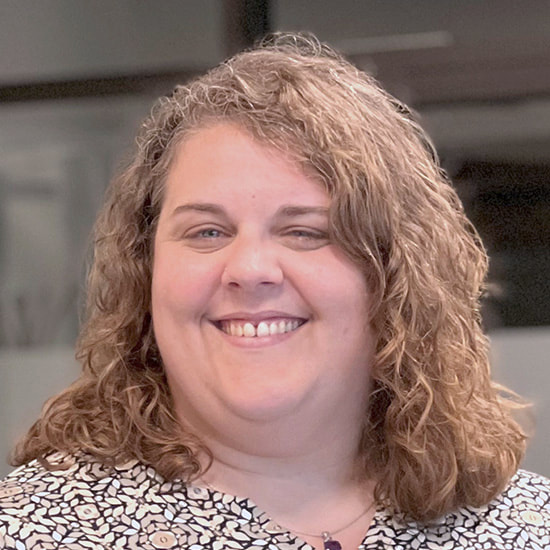

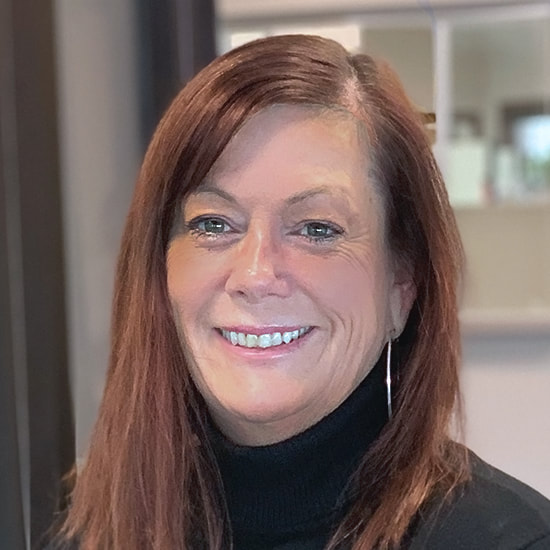
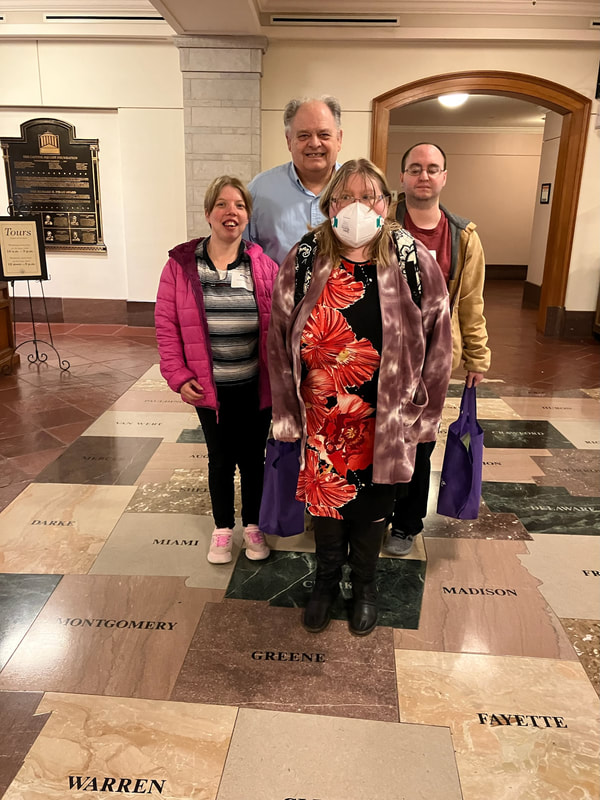
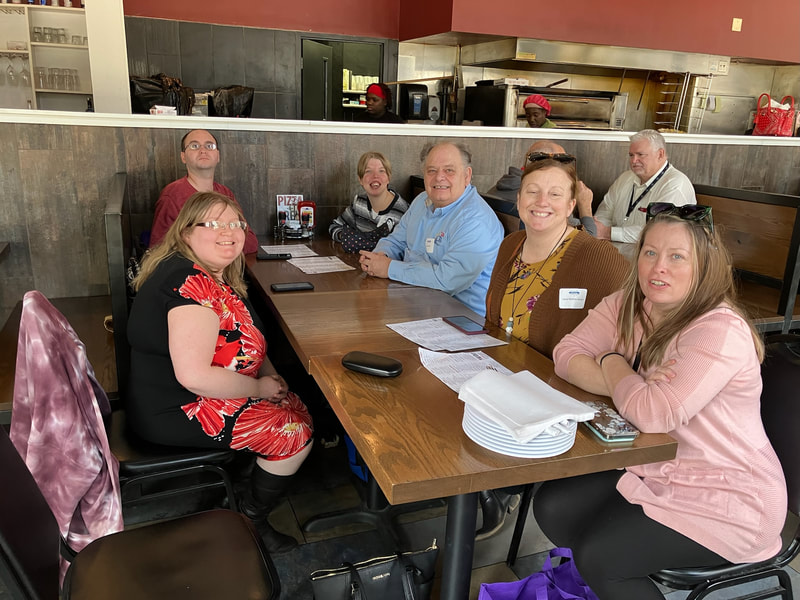



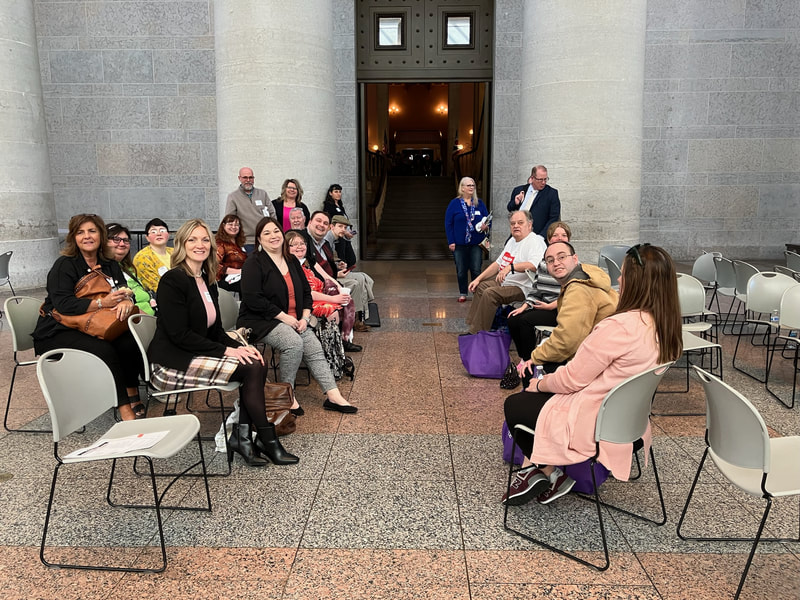
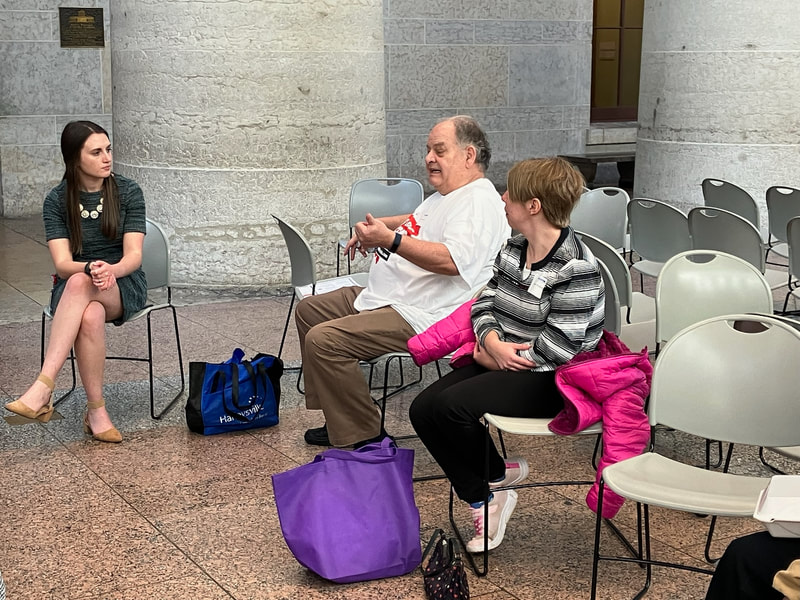
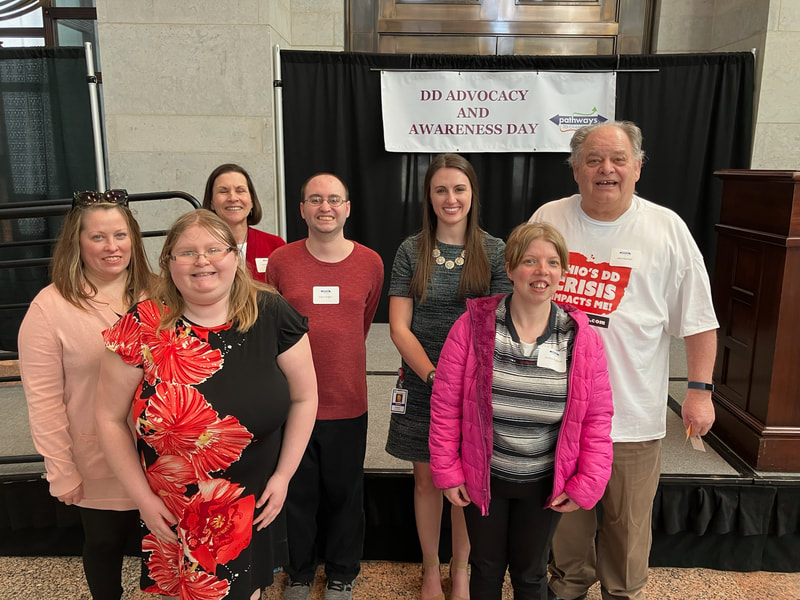
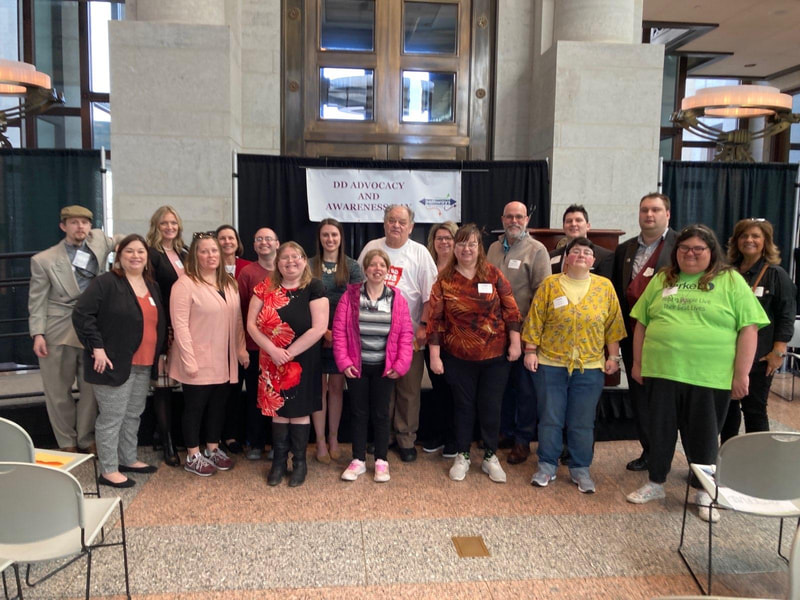
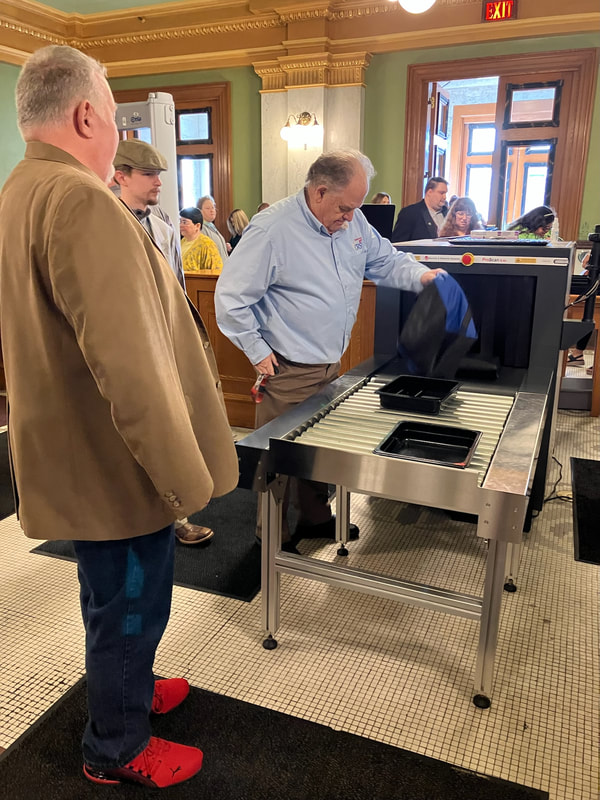
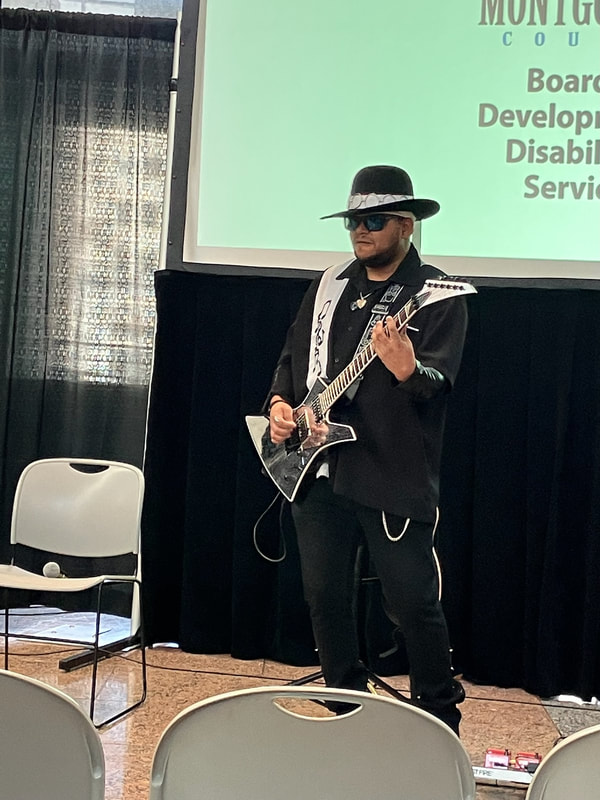
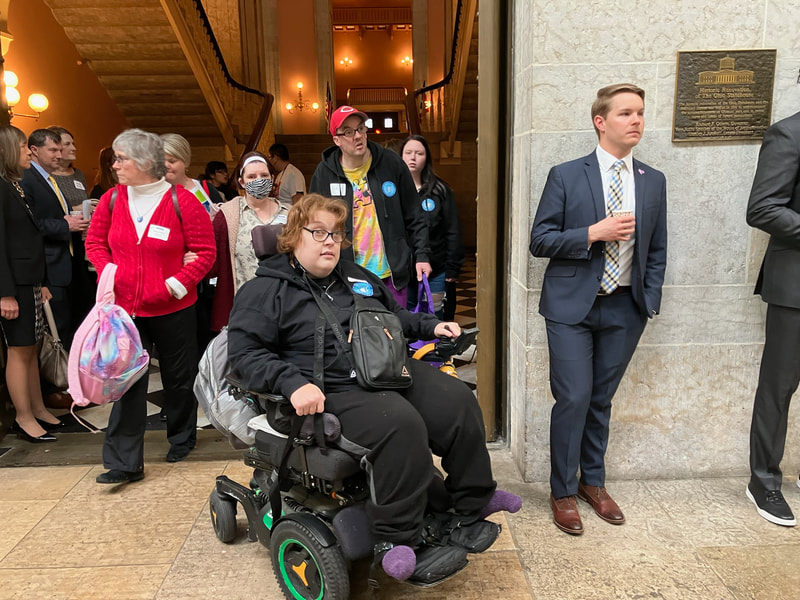
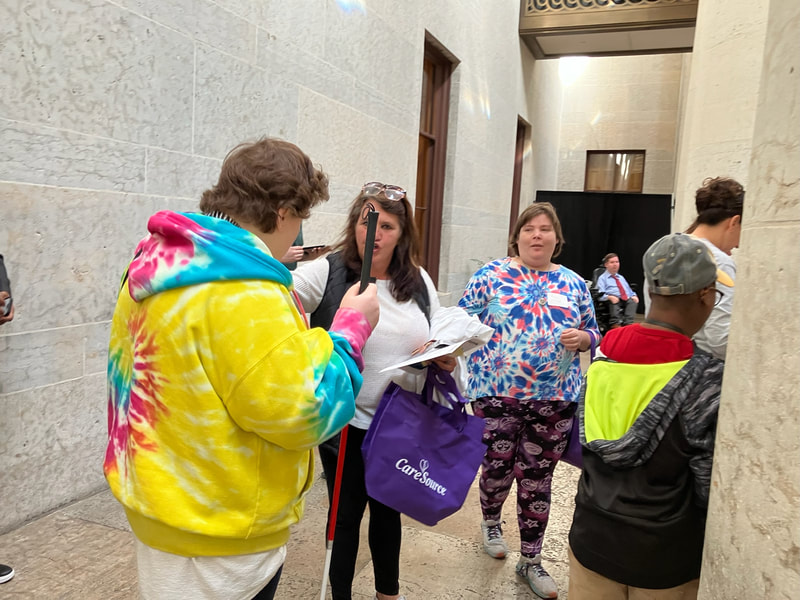
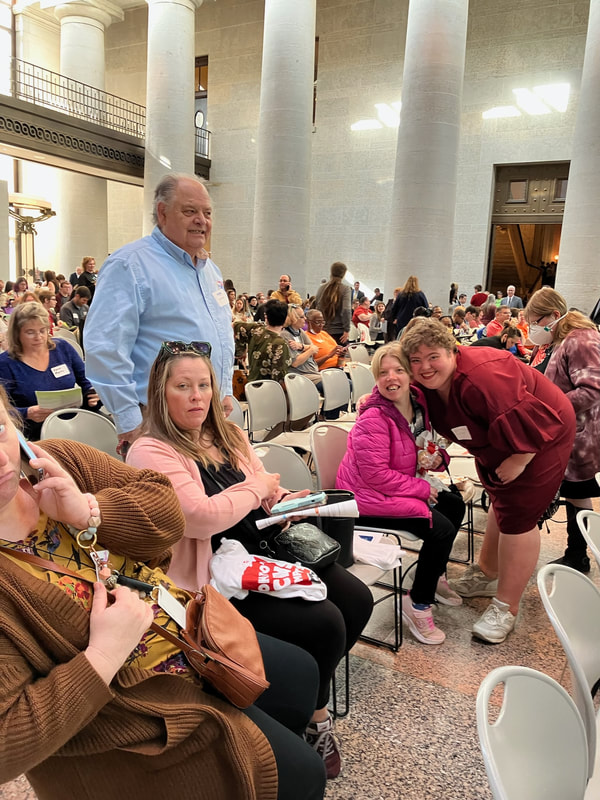
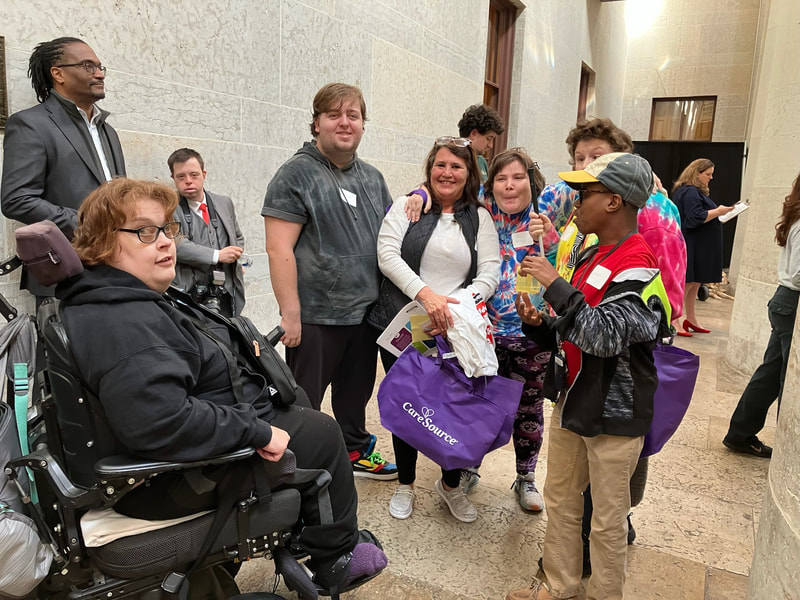
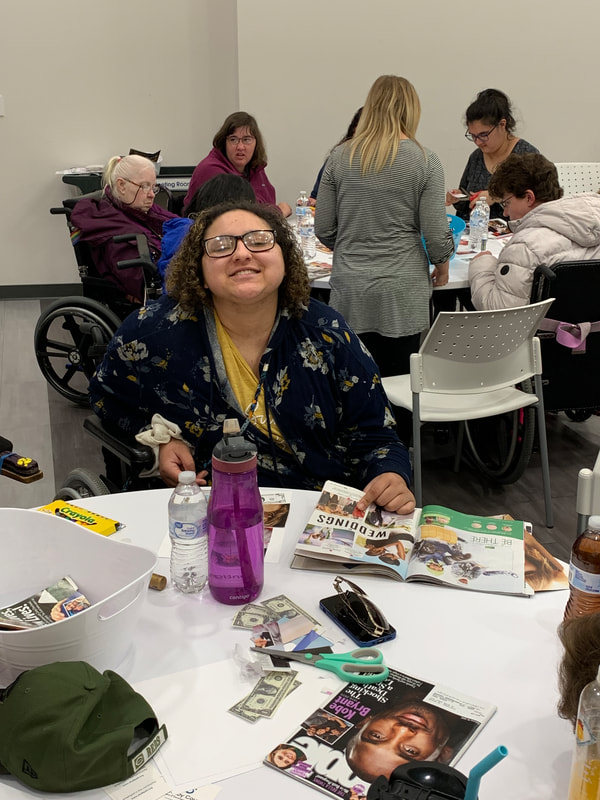
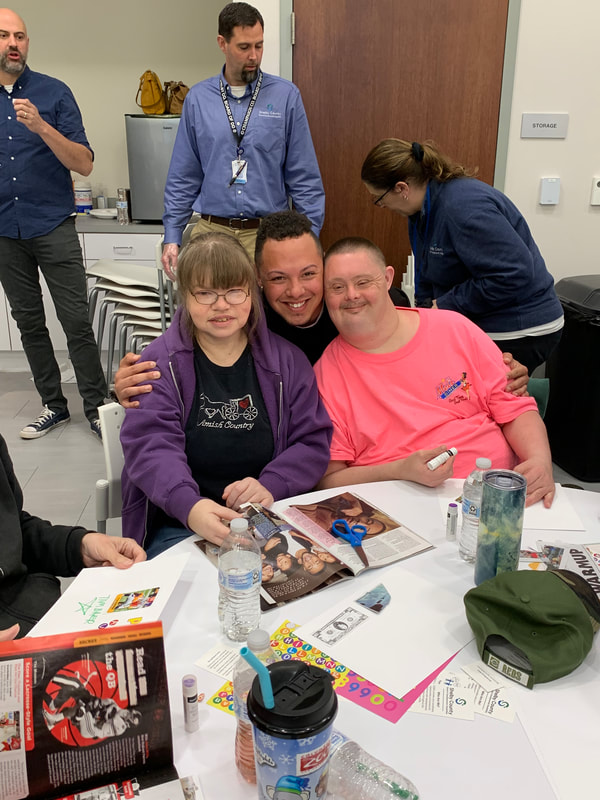
 RSS Feed
RSS Feed
